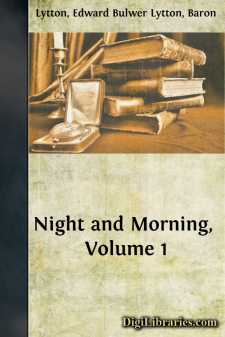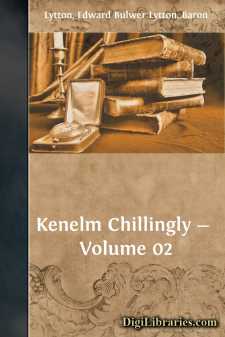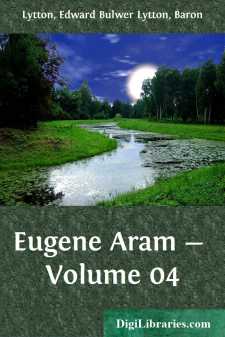Categories
- Antiques & Collectibles 13
- Architecture 36
- Art 48
- Bibles 22
- Biography & Autobiography 815
- Body, Mind & Spirit 144
- Business & Economics 28
- Children's Books 18
- Children's Fiction 14
- Computers 4
- Cooking 94
- Crafts & Hobbies 4
- Drama 346
- Education 58
- Family & Relationships 59
- Fiction 11833
- Games 19
- Gardening 17
- Health & Fitness 34
- History 1378
- House & Home 1
- Humor 147
- Juvenile Fiction 1873
- Juvenile Nonfiction 202
- Language Arts & Disciplines 89
- Law 16
- Literary Collections 686
- Literary Criticism 179
- Mathematics 13
- Medical 41
- Music 40
- Nature 179
- Non-Classifiable 1768
- Performing Arts 7
- Periodicals 1453
- Philosophy 65
- Photography 2
- Poetry 896
- Political Science 203
- Psychology 44
- Reference 154
- Religion 515
- Science 126
- Self-Help 85
- Social Science 82
- Sports & Recreation 34
- Study Aids 3
- Technology & Engineering 59
- Transportation 23
- Travel 463
- True Crime 29
Sort by:
Much has been written by critics, especially by those in Germany (the native land of criticism), upon the important question, whether to please or to instruct should be the end of Fiction—whether a moral purpose is or is not in harmony with the undidactic spirit perceptible in the higher works of the imagination. And the general result of the discussion has been in favour of those who have contended...
more...
"The lopped tree in time may grow again, Most naked plants renew both fruit and flower; The sorriest wight may find release from pain, The driest soil suck in some moistening shower: Time goes by turns, and...
more...
CHAPTER I. In the year 18— I settled as a physician at one of the wealthiest of our great English towns, which I will designate by the initial L——. I was yet young, but I had acquired some reputation by a professional work, which is, I believe, still amongst the received authorities on the subject of which it treats. I had studied at Edinburgh and at Paris, and had borne away from both those...
more...
CHAPTER XVIII. IN his room, solitary and brooding, sat the defeated hero of a hundred fights. It was now twilight; but the shutters had been partially closed all day, in order to exclude the sun, which had never before been unwelcome to Tom Bowles, and they still remained so, making the twilight doubly twilight, till the harvest moon, rising early, shot its ray through the crevice, and forced a silvery...
more...
PREFACE. An indistinct recollection of the very pretty little tale, called "The Bellows-Mender," suggested the plot of this Drama. The incidents are, however, greatly altered from those in the tale, and the characters entirely re-cast. Having long had a wish to illustrate certain periods of the French history, so, in the selection of the date in which the scenes of this play are laid, I saw...
more...
When Walter left his uncle, he hurried, scarcely conscious of his steps, towards his favourite haunt by the water-side. From a child, he had singled out that scene as the witness of his early sorrows or boyish schemes; and still, the solitude of the place cherished the habit of his boyhood. Long had he, unknown to himself, nourished an attachment to his beautiful cousin; nor did he awaken to the secret...
more...
THE IDEAL WORLD I. THE IDEAL WORLD,—ITS REALM IS EVERYWHERE AROUND US; ITS INHABITANTS ARETHE IMMORTAL PERSONIFICATIONS OF ALL BEAUTIFUL THOUGHTS; TO THAT WORLD WEATTAIN BY THE REPOSE OF THE SENSES. AROUND "this visible diurnal sphere"There floats a World that girds us like the space;On wandering clouds and gliding beams careerIts ever-moving murmurous Populace.There, all the lovelier...
more...
CHAPTER I. THE ENCHANTER AND THE WARRIOR. It was the summer of the year 1491, and the armies of Ferdinand andIsabel invested the city of Granada. The night was not far advanced; and the moon, which broke through the transparent air of Andalusia, shone calmly over the immense and murmuring encampment of the Spanish foe, and touched with a hazy light the snow- capped summits of the Sierra Nevada,...
more...
ALL is not well; I doubt some foul play. . . . . . . . . . . . . Foul deeds will rise, Though all the earth o'erwhelm them, to men's...
more...
BOOK I.FROM ERASMUS FALKLAND, ESQ., TO THE HON. FREDERICK MONKTON.L—-, May —, 1822. You are mistaken, my dear Monkton! Your description of the gaiety of "the season" gives me no emotion. You speak of pleasure; I remember no labour so wearisome; you enlarge upon its changes; no sameness appears to me so monotonous. Keep, then, your pity for those who require it. From the height of my...
more...











